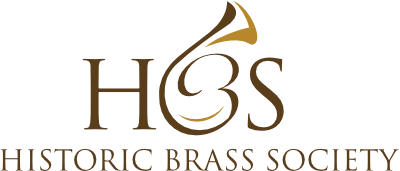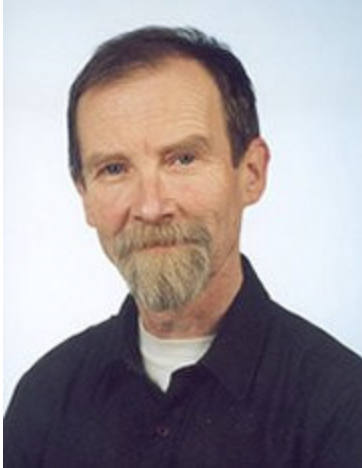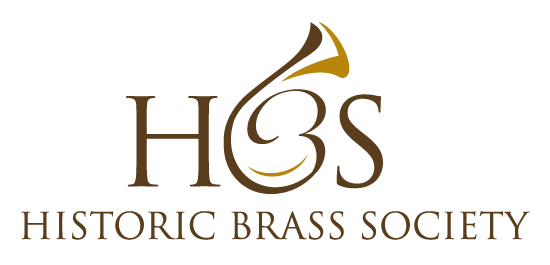Holger Eichhorn, pioneering cornettist, musicologist, polemicist, and editor, has left us. I first met Holger in 1975, when, having heard news of a new cornetto player in Basel, he invited me to come to Berlin to meet him. I took a night train, which Holger (and his younger brother Klaus) met at the station. He accompanied me to his place and then listened intently as I, eyes barely open, warmed up on my Monk resin cornetto. I still remember vividly his first words, “Hmm… nice, but still rather trumpetlike.” With that visit I came to know Holger’s passion for the cornetto, his intensity, his unwillingness to compromise on anything, his immense knowledge and his propensity to play on instruments that had nothing to do, that I could discern, with historical cornetti. As I got to know him better over the next couple of decades, all of those impressions only deepened - and also my perplexity and my respect.
Holger was deeply passionate and uncompromising in the strict application of principles, as he saw them, of rhetoric, affect, temperament, and declamation. He operated in his own words under the motto, “the greater the historical precision, the greater the liveliness.” Many, myself included, found him at the time, to be pedantic and off-putting in his unwillingness both to compromise and to recognize our contributions except insofar as they coincided with his ideas. With time, though, I have come to recognize with gratitude, not only his influence on me, but also on many others of my generation. I believe that Holger has influenced us far beyond what we have perhaps been willing to accept or even acknowledge, and in the process has influenced the way 17th century music is played today far more than he realized - though perhaps not as much as he would have wished. I believe this influence has filtered down indirectly to much of the next generation, though I do wish that young players today (and not only cornettists) were more aware of the figure of Holger Eichhorn, through his recordings and writings.
That legacy of recordings, writings, and editions is truly impressive. He was a severe guardian of the gates to his treasure trove of facsimiles and handwritten transcriptions. A visit to his place was always tantalizing, fascinating, and often frustrating. I hope that there will be a way going forward, for these treasures to be made accessible to the early music community.
Holger grew up in a North German parish home, which afforded him instruction in violin, a background enriched by experience playing in a Posaunenchor, and experimentation with modern Jazz. At the Free University in Berlin, he studied medicine, theology, and musicology, but he was self-taught (as were all of us then) on the cornetto. In 1972 he founded the ensemble Musicalische Compagney, a group which eventually involved many musicians who would become influential in their own right, including among others, Thomas Albert, Steven Stubbs, Bernhard Junghänel, Harry van der Kamp, Harry Geraerts, David Cordier, and his brother Klaus Eichhorn. The ensemble collaborated with many choirs, including notably the Tölzer Knabenchor. I played one concert with the group in the Holland Festival in 1976, in a group including, besides the abovementioned, Charles Toet and Ton Koopman. The Compagney made many radio and LP recordings, focusing to a large extent on Giovanni Gabrieli, Heinrich Schütz, and Johann Rosenmüller, but also made a ground-breaking recording of the sonatas of Matthias Weckmann.
In his later years Eichhorn was busy, among other things, with performing the music of J.S. Bach and in preparing his complete edition of the works of Johann Rosenmüller, typically offered in an uncompromising edition for the Verlag Dohr, in beautifully handwritten calligraphy with original clefs and notation in all aspects.
RIP, Holger. I will be forever grateful for your insistence on understanding the importance of temperament (especially 1/4 comma meantone) and declamation of the text as an approach to vocality. May your influence continue to inform the younger generations.
Bruce Dickey
Sala Bolognese
July 8, 2023




